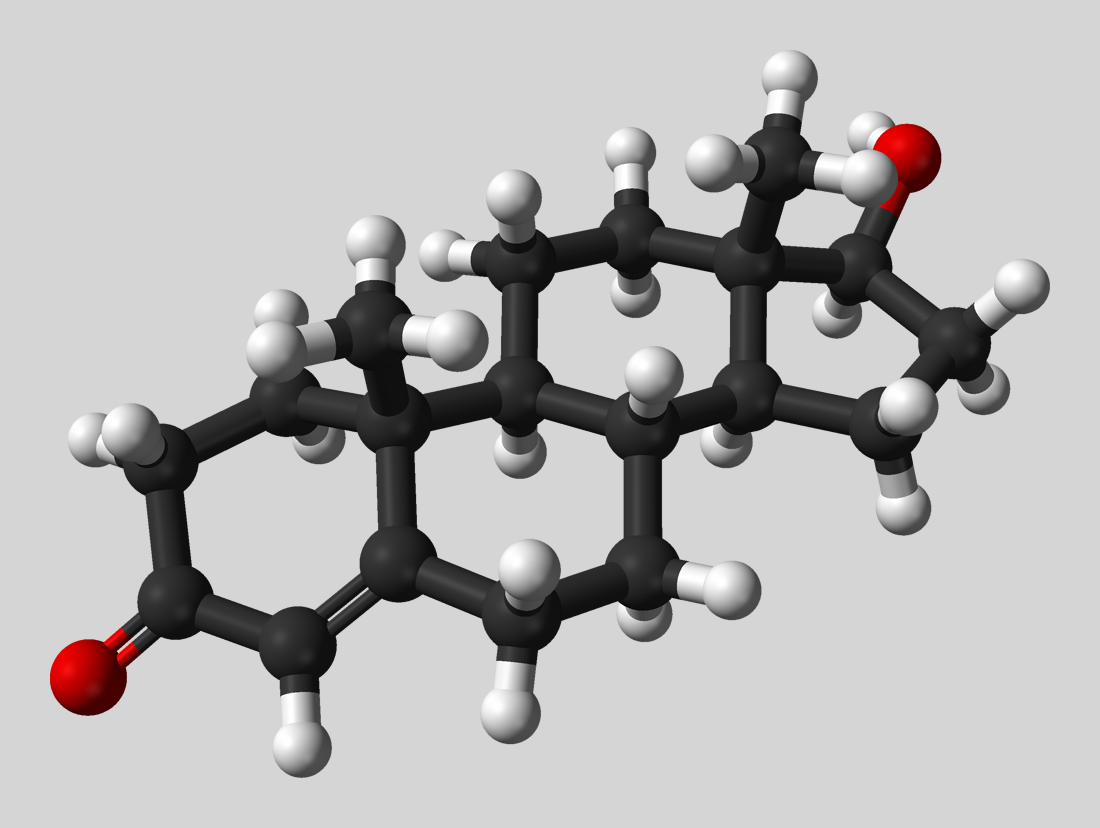When it comes to the well-being of our minds, two terms that often come up are "mental health" and "brain health." While they may sound similar, they actually refer to different aspects of our cognitive wellness. Let's dive into the similarities and differences between these two important concepts.
First, let’s talk about mental health. Mental health encompasses our emotional, psychological, and social well-being. It refers to how we think, feel, and behave. When our mental health is in good shape, we can cope with the normal stresses of life, maintain healthy relationships, and make sound decisions. Mental health is influenced by various factors, including genetics, upbringing, life experiences, and current circumstances.
On the other hand, brain health focuses specifically on the physical health and functioning of our brain. Our brain is the command center of our body, responsible for everything from controlling our thoughts and emotions to coordinating our movements. Brain health involves maintaining a healthy brain structure, optimizing brain function, and preventing or managing brain-related conditions such as dementia or stroke.
Now, here’s the interesting part: mental health and brain health are interconnected. Our mental health can greatly impact our brain health, and vice versa. For example, chronic stress and anxiety can have negative effects on the brain, leading to changes in brain structure and function. Conversely, certain brain conditions or injuries can affect our mental health, causing mood disorders or cognitive difficulties.
The similarities between mental health and brain health lie in their shared goal of promoting overall well-being. Both require attention, care, and proactive practices to maintain optimal functioning. Engaging in activities that support mental health, such as practicing mindfulness, engaging in daily self care or seeking therapy, can also benefit brain health by reducing stress and promoting neuroplasticity.
Although connected, it is important to note that mental health and brain health are not synonymous. Mental health encompasses a broader spectrum of emotional and social well-being, while brain health is specifically focused on the physical health of our brain. Understanding this distinction helps us address the unique needs and challenges associated with each aspect, while recognizing the connection is crucial for taking a holistic approach to our cognitive wellness. By prioritizing both mental health and brain health, we can pave the way for a better, longer life.






